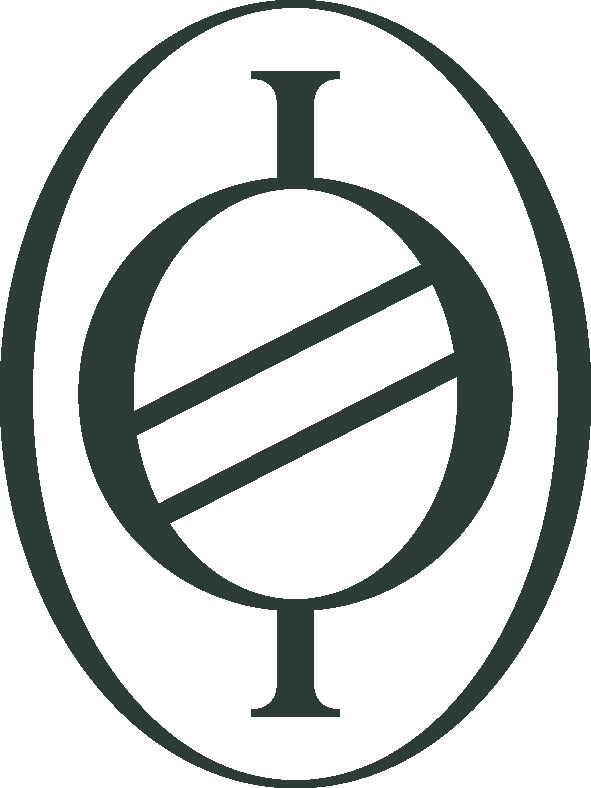From the 1720ís onwards French journalism, the pivot of the Republic of Letters, initially centered in Paris and the Dutch Republic, widens its circle towards other parts of Europe, notably towards the North with Berlin as a turntable:

Journalisme et République des Lettres.
L’élargissement vers les «Pays du Nord» au dix-huitième siècle.
Rédigé et publié avec une introduction par Christiane Berkvens-Stevelinck, Hans Bots & Jens Häseler.
2009. VI, 339 pp, 12 ills.
Broché / Softbound, 23x15 cm. (ISBN 978 90 302 1274 4)
Prix / Price: EUR 48,= (excl. TVA / VAT in EU)
« On peut dire certainement que l’Allemagne est aussi féconde
qu’aucun païs de l’Europe, en bons esprits & en Savans
qui cultivent avec beaucoup de soin toutes les Sciences, les Langues et sur
tout les Langues orientales, la Philosophie, les Mathématiques, les
Humanités & en général les Belles Lettres. Il faut
bannir de la République des Lettres les préjugés
réciproques des Nations, recevoir tout ce qui est bon & digne du
Public… » [préface: Bibliothèque Germanique, I (1720)].
DESCRIPTION IN ENGLISH
The history of European Culture can be read in the changing ways of the
transmission of knowledge which characterize her. From the scriptoria of the
monasteries to the universities, from the private study to the academies,
knowledge has taken many roads to reach more and more people. When during the
17th century the Republic of Letters superseded humanism, the scholars who
constituted this supranational and multidenominational Republic had only one
great aim: to get to know everything that was being thought and newly
discovered and especially everything that was being published.
The rapid advancement of learning rendered this task almost impossible. The
network of correspondences became insufficient and other methods for the
transmission of ideas had to be found. The problem was solved by the emergence
and proliferation of journalism. Now every scholar could read the reviews of
the most important works that were published all over Europe. Journalism
became the hub of the Republic of Letters which initially centred in Paris and
rapidly spread to other European countries, notably to the North with Berlin
as a turntable. The volume in hand shows this evolution and corrects a too
narrow view of this era of European culture.
The Bibliothèque Germanique and its continuations cover a long
period (1720-1759) which permits to trace at close range the advance of
learning from the West to the East and North. Thanks to the study in depth of
the themes, the class and provenance of the books under review, of the
strategies of publication and the stylistic conventions, one can form an idea
of the evolution of the kind of journalism that had its source in the first
great scholarly periodicals, notably in what passed as les journaux de
Hollande. Due to that affiliation the scholarly production of countries up
to then practically ignored by the great scientific journals, reached a wide
public.
The Huguenot Diaspora which provided so many journalists, authors and readers,
played an important rôle in that process of cultural expansion.. The
introduction of literary and philosophical English authors into Germany for
instance, as well as the choice of books in stock at the Berlin booksellers
passed for a long time through the channel of their journals. However, by the
middle of the century things begin to change and regional periodicals focussed
on national culture begin to appear.
This is for instance the case in the Netherlands. With the appearance of the
Journal Etranger (1754-1762) a new type of journalism, scholarly
as well as literary – the “journalisme de genie”:
cosmopolitan and centred on public opinion – evolves. Thus the Republic of
Letters, towards the 1760’s cedes its place to the Republic of Science,
while public opinion is becoming more and more important and starts using its
own channels.